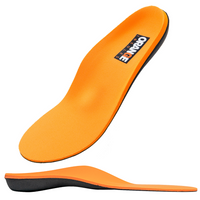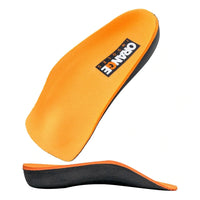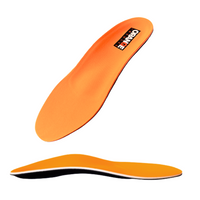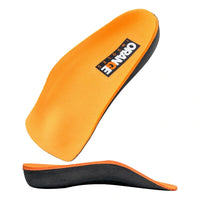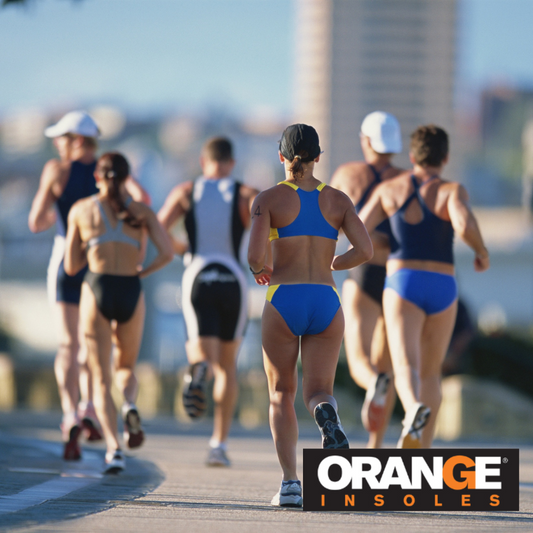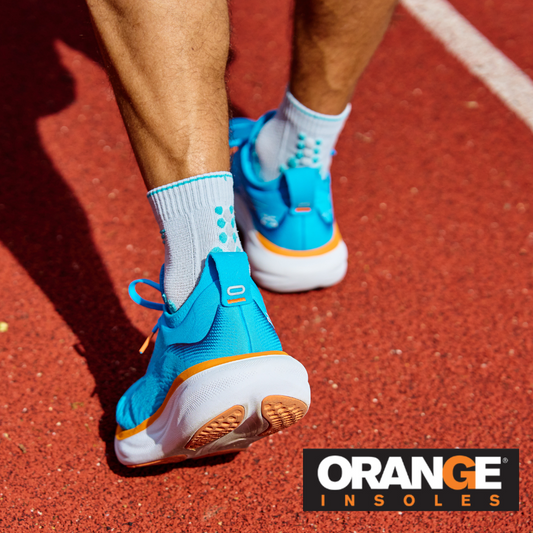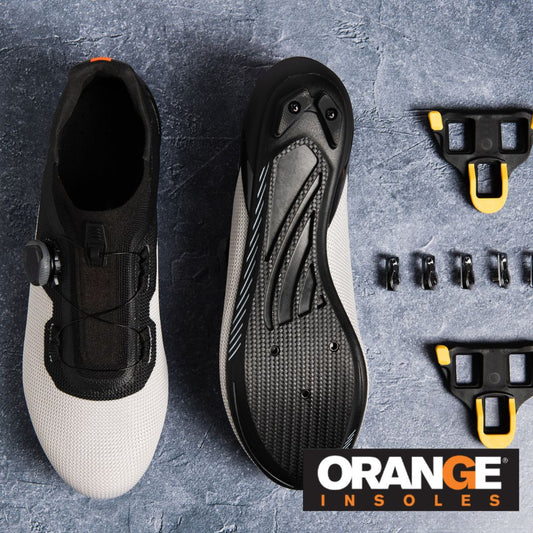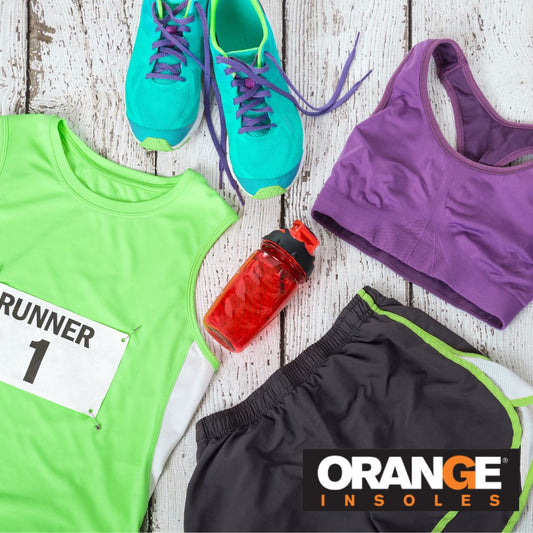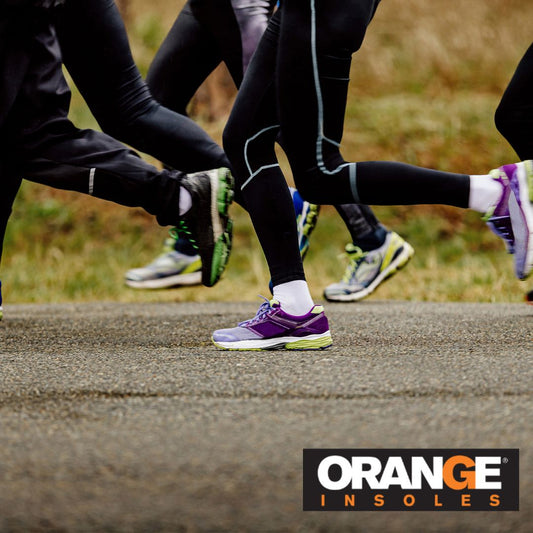For any runner (or athlete) out there, training is very important. However, nutrition is a critical pillar of performance, recovery, and overall health. What you put on your plate can fuel you to the finish line — or hold you back.
This guide will help you navigate nutrition as a runner, with a practical checklist, smart food choices, hydration strategies, and tips for recovery and injury prevention — all to help you prepare to thrive for your next race!
✅ Your Essential Runner’s Nutrition Checklist
Here’s a simple checklist to keep you organized:
-
Prioritize whole, nutrient-dense foods
-
Eat a balance of carbs, protein, and healthy fats
-
Time your meals and snacks around training
-
Stay hydrated before, during, and after runs
-
Prioritize rest and recovery
-
Listen to your body’s hunger and energy cues
-
Be cautious with extreme or trendy diets
For a deeper dive into balancing your diet, check out How to Balance Your Diet for Overall Health.
Food Must-Haves
As a runner, it’s not just about eating more — it’s about eating smarter.
-
Carbohydrates: Your main energy source, especially during long runs. Prioritize whole grains, fruits, vegetables, and legumes.
-
Protein: Helps repair and rebuild muscles. Include chicken, fish, tofu, beans, and dairy.
-
Healthy fats: Found in nuts, seeds, avocados, and olive oil; they support joint health and hormone balance.
-
Micronutrients: Iron, calcium, vitamin D, and magnesium are essential for endurance athletes.
If you’re recovering from an injury, be sure to read Simple Nutrition Tips for Recovering From Injury.
Foods to Limit
While no food is strictly “off-limits,” some can work against your goals:
-
Highly processed foods: Chips, packaged snacks, sugary cereals can cause energy crashes.
-
Excessive sugar: Small amounts help during long runs, but too much can hurt metabolism and recovery.
-
Alcohol: It dehydrates and impairs muscle repair.
-
“Fake health” foods: Be wary of protein bars or shakes packed with sugar and artificial additives.
Hydration Matters
Dehydration can impair performance, delay recovery, and increase injury risk.
-
Before a run: Drink ~16–20 oz of water 2–3 hours beforehand.
-
During long runs (over an hour): Sip ~4–8 oz every 20 minutes.
-
After a run: Rehydrate with water or an electrolyte drink, especially if you sweat heavily.
For detailed hydration tips, check out What Every Runner Should Know About Hydration.
The Role of Sleep and Rest
Nutrition and sleep are deeply connected. Without enough rest, your body struggles to process nutrients, rebuild muscles, and regulate hunger hormones. Aim for 7–9 hours of sleep nightly, and don’t underestimate the value of rest days.
To improve mental recovery and focus, explore A Beginner’s Guide to Meditation for Runners.
Metabolic Conditions That Affect Performance
Even with good nutrition it’s no guarantee that your body is effectively benefitting from a good diet. Some health conditions can impact how your body uses energy:
-
Hypothyroidism slows metabolism, leading to fatigue and slow recovery.
-
Anemia (often due to iron deficiency) reduces oxygen delivery to muscles, causing early fatigue.
-
Diabetes or insulin resistance affects how your body processes carbs and energy.
If you suspect any of these, check with your doctor or a registered dietitian before making major dietary changes.
Beware of Fad Diets
From keto to juice cleanses, fad diets often promise quick results but fail to meet the needs of endurance athletes. Many cut too many carbs or electrolytes — essentials for runners.
Instead of chasing trends, focus on balance, moderation, and long-term sustainability. More importantly, review the literature. If there’s no good scientific evidence of a particular diet then chances are they may not be very effective in the long run. (no pun intended)
Final Tips for Staying Strong
Nutrition is just one part of the performance puzzle. To stay resilient and injury-free, combine smart fueling, proper hydration, quality rest, and supportive gear.
If you’re dealing with joint pain, read Runner’s Knee: What to Do About This Common Source of Knee Pain for injury prevention and recovery strategies.
And don’t overlook your equipment. The right insoles can make a huge difference in comfort and performance. Learn more at Orange Sport Insoles: The Best Insoles for Athletes & High Performance.
Running success isn’t just about logging miles — it’s about fueling your body, hydrating well, resting smart, and supporting yourself with the right gear. With these strategies, you’ll be set up for a strong, sustainable running journey in 2025 and beyond.
